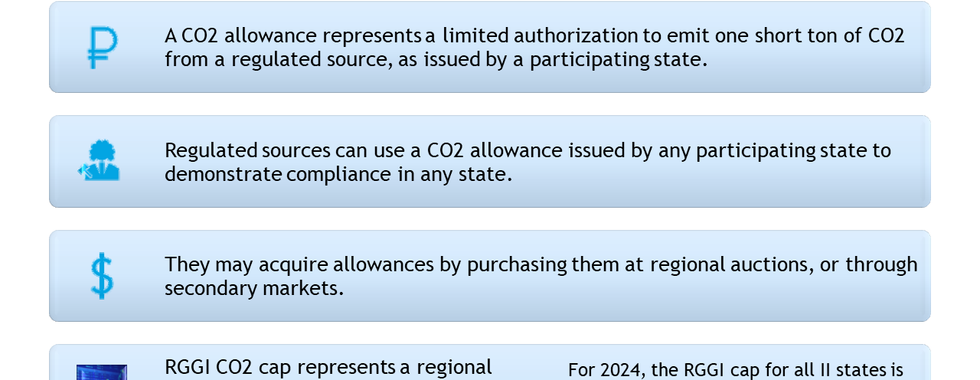Carbon Markets, Decarbonization & Energy Policy
- Tade Oyewunmi
- May 19, 2024
- 2 min read
Updated: Jun 26, 2024
During a recent visit to Lagos, Nigeria, I was invited to speak about carbon markets and energy decarbonization issues in the context of international business transactions at the in-house workshop organized by the banking & project finance practice group of Udo Udoma & Belo-Osagie (UUBO), Lagos, Nigeria, May 3, 2024,
Some of the notable points made during the lecture are:
Although the biggest economy in Africa and a major oil and gas producer, Nigeria is still a developing economy that needs to ensure universal energy access (for a population of about 200 million people), energy security, and affordability to support economic growth;
Energy supply and any possible or related carbon emissions in a country like Nigeria are still very minimal and incomparable to most states in the US e.g. New York or California. For instance, the US state of Pennsylvania with a population of about 13 million has a total net electricity generation of 19,780 thousand MWh (i.e. 19.8 Gigawats-hours (as of 2023). About 77,490 million cubic feet of natural gas was used in Pennsylvania to produce all that power, plus about 819 thousand tons of Coal and smaller amounts of renewable sources such as hydro. Meanwhile, as of 2021, Nigeria had only about 12 gigawatts of power generation capacity (mainly gas & hydro) connected to the national grid. Due to the inadequacies and unreliability of power supply, most people/consumers rely on standalone generators and other alternative sources.
Therefore, policymakers and their analysts should be careful not to adopt the same solutions implemented in economies like the UK or the US in developing economies like Nigeria.
Imposing an economy-wide price on CO2 emissions or preventing the international financing of energy/industrial projects in a developing economy like Nigeria because the same is being done or attempted in developed/industrialized economies like the US or UK, and adopting the same parameters would, all things being equal, lead to unfair and unsustainable consequences
creating an efficient and accountable sector-specific or project-related carbon market or crediting framework that allows international investments and development through well-considered measures such as reforestation/aforestation, prevention of gas flaring through gas utilization, cleaner cooking options, and voluntary carbon markets leading to carbon-neutral solutions can be worth considering for adoption in developing economies such as Nigeria.
As long as such measures in (5) above do not stifle industrial or economic growth or create unjustifiable burdens on people and the local economy.
































































Comments